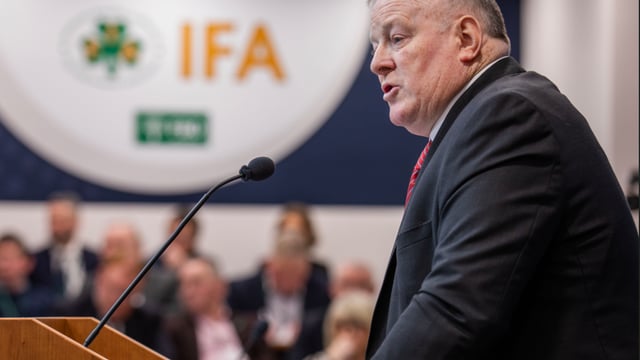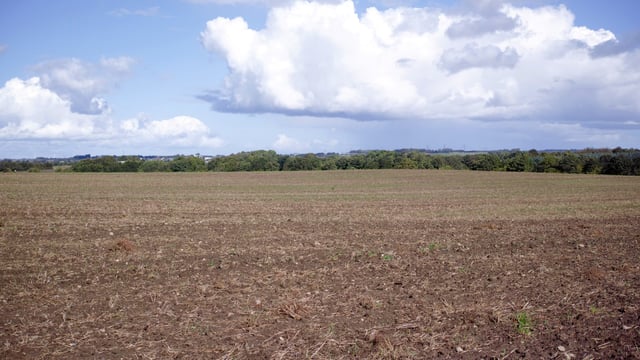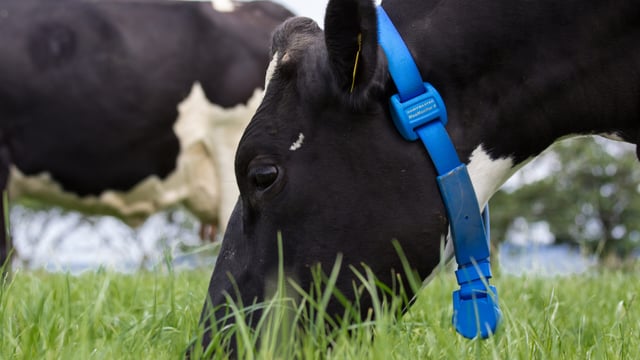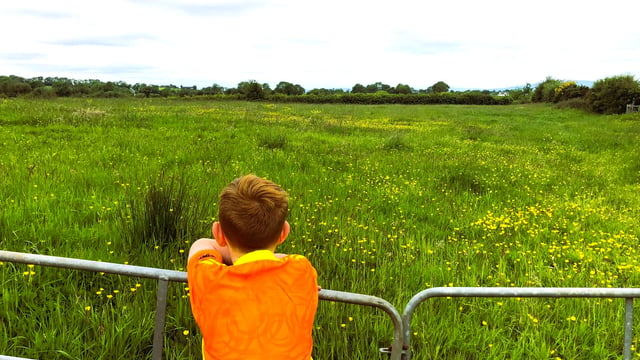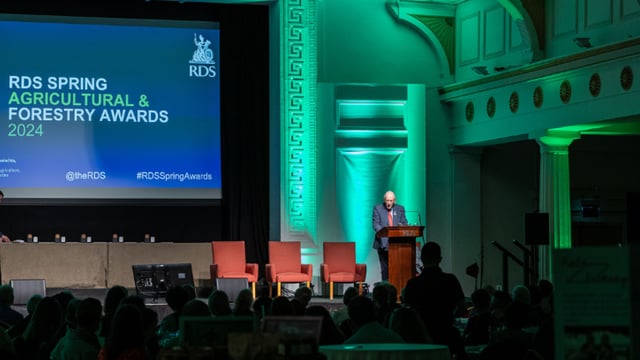EU LIFE programme may have funded 'undue lobbying' by NGOs
The EU's LIFE programme, which provides funding for environmental and climate change mitigation projects, may have funded "undue lobbying activities" by non-government organisations (NGOs), the European Commission has acknowledged.
The LIFE programme funds environmental projects throughout the EU, including Ireland, with many of these projects relying on uptake and engagement from farmers.
In a statement, the European Commission said that the LIFE programme, which was adopted in 2021, "plays a key role in implementing environmental, climate and energy legislation and policies".
LIFE supports a wide range of beneficiaries in EU member states, including private companies, local authorities, research foundations and civil society organisations, the commission said.
The programme does allow for funding to be provided to NGOs, and counts NGOs as civil society stakeholders that should take part in policy-making.
However, the commission said that it recognises that, in some cases, work programmes submitted by NGOs in order to draw down funding contained "specific advocacy actions and undue lobbying activities", which may have included lobbying of MEPs.
The commission said that it has "taken action" to prevent this happening in the future, and will take further measures to ensure transparency and safeguards.
Grants under the LIFE programme should comply with its objectives and support the participation of civil society in European policy-making and democratic debate, while avoiding lobbying that targets specific policies or MEPs, the commission said.
A new multiannual work programme for LIFE is now in place for 2025 to 2027, and the commission said it includes safeguards to ensure grants "do not require specific and detailed activities that directly target [EU] institutions, or their staff or members".
These safeguards will also require beneficiaries to LIFE funding to "retain full responsibility for their views and for presenting these views to [EU] institutions".
The commission said it is working with the EU Court of Auditors - which is the highest authority in the EU for regulating spending of taxpayer money - on how to further improve the transparency of NGO funding.
Reacting to the statement from the commission, the European People's Party (EPP), which is the largest political grouping in the EU (and which Fine Gael is a member of), said it welcomed the commission's recognition of the issue and its commitment to take further action.
Peter Liese, the EPP's spokesperson on the environment, said: "We strongly support the LIFE programme and recognise the very important role of NGOs.
"However, there have been clear instances of misconduct by some individual commission officials and some NGOs.
"We therefore welcome the European Commission’s statement acknowledging the issue of undue influence.
"It is encouraging that steps have already been taken to prevent such incidents in the future, and we also support the Commission’s commitment to introduce further measures," Liese added.
Another EPP MEP, Sander Smit - who is a member of the Farmer-Citizen Movement (BBB) party in the Netherlands - commented: "The [commission's] admission confirms and validates the EPP group's concerns about these undue lobbying practices.
"Thanks to the efforts of the EPP group, the commission now clearly states that any grants given to NGOs participating in the LIFE programme cannot be used for lobbying that targets specific policies or MEPs.
"The commission has agreed to work on preventing conflicts of interest at the staff level and to review transparency arrangements. This is good news for EU taxpayers; for the integrity and balance of EU Institutions; and for the separation of powers," Smit said.
"It is also good news for those parts of civil society organisations that work transparently and fairly. It is in their interest that the EU institutions ensure that all NGOs are held to the same standards and rules," he added.


